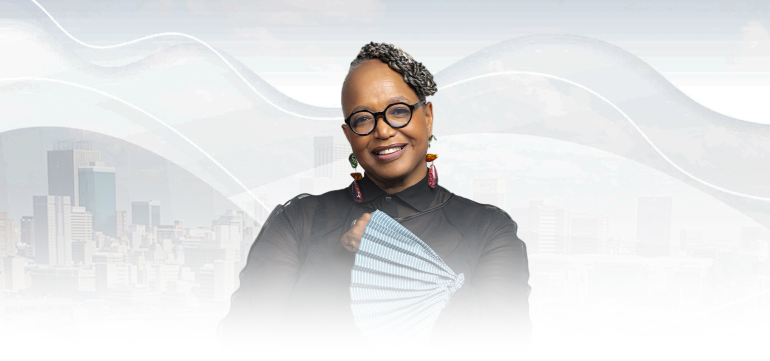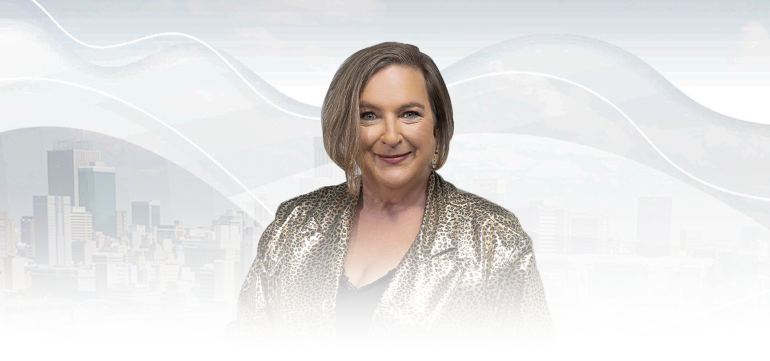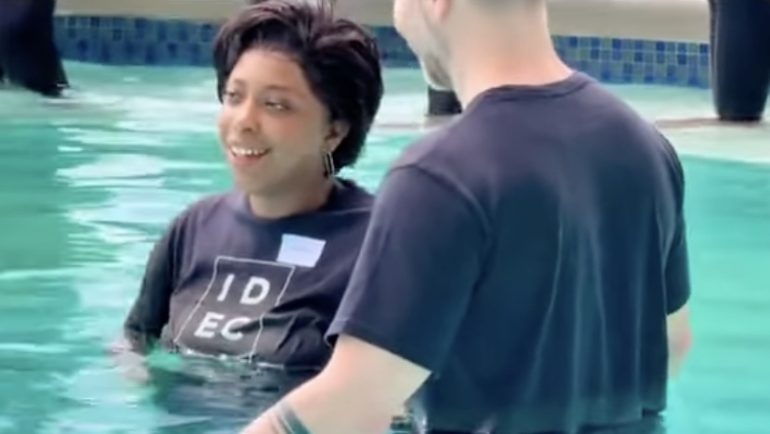The Future of Education in South Africa
By Nomali Cele
It’s safe to assume that we are all in agreement in the thinking that education is the first step to changing society and making it more equal. As equal as capitalist aspiration can make a society equal, anyway. The question, upon this agreement, then becomes how do we make the standard of education better? How do we keep more young people in school for longer? How do we make higher learning affordable? In this country, there are commissions trying to answer those questions, whether the answers will be helpful, remains to be seen.
In the meantime, there are other areas of focus we need to be investigating and shifting towards if education in Africa is to be on par with the what the future will likely hold.
Language Matters
The fight for languages in schools has been raging since the 1970s in South Africa. It’s the reason the Soweto Uprisings happened. The fight for language inclusion was the reason for the 2015 protests at Stellenbosch University. In a multilingual context like ours, the language will always be an important part of the education conversation.
The department of basic education announced in 2015 its intention to start offering Mandarin as a subject in its schools. Many other foreign languages are taught in South African schools but the introduction of Mandarin was sold as “looking to the future.”
The Role of STEM
Maths and science matter as subjects, this is particularly important in the African context because we’re a developing continent. There’s a lot to build and if we are to build a better world for ourselves as a continent, we need to have the skills to get it done ourselves. Science, technology, engineering and mathematics (collectively called STEM) are important subjects, areas of study and necessary skills for a developing world.
According to a 2015 World Economic Forum report, “most STEM jobs are performed by or outsourced to multinationals from China, India and the US” in Africa. STEM subjects don’t just give us effective doctors and scientists but they also give us skilled engineers.
Fees and access
Private education fees wouldn’t matter much if education was equal across quantiles. In 2016, City Press published a report saying that the parents of a child that starts school in 2016 and leaves matric in 2028, would pay about R3.7 million in private school fees, stationery, uniform and boarding costs.
And after high school, the parents who could afford to pay for their children’s education in the millions will pay some more for university. What is meant to happen to the students whose parents cannot afford to pay for university? The Fees Commission has been investigating the matter.
Going digital?
The question of data prices falling has recently come up, once again. As usual, the debate arose in the context of personal consumption, which should be the least of our worries.
At the beginning of 2015, the department of basic education in Gauteng piloted The Big Switch On, which was phase one of moving the department toward “paperless education.” Upon launch, schools were kitted out with smart boards and tablets, which would make learning and teaching much easier. The tablets, especially, were meant to counter the country’s textbook and study materials scarcity.
However, African education cannot realistically go digital if there are still barriers such as limited or no access to electricity – or its sustainable equivalents – and high data costs. The cloud cannot revolutionarise African education when most Africa students cannot access it. Again, there’s an opportunity for several Africa-designed solutions to fill the gap.
What do you think is the future of education in Africa?
Written by: Kayafm Digital
Similar posts
MORE ARTICLES
QUICK LINKS
UpComing Shows

The Jazz Standard
with Brenda Sisane
The Jazz Standard with Brenda Sisane. Sunday's 12:00-15:00.
close
Spade of Hearts
With Xola Dlwati
WITH XOLA DLWATI: SATURDAYS 12:00 -15:00 Spade of Hearts is a fuse of love and soulful sounds, pulling at your heartstrings. Tune in for songs that will take you down memory lane. It is the sound that once dominated your playlist. It airs Sundays 12:00 – 15:00.
close
The World Show
With Nicky B
The World Show is informative, expansive, and largely pan-African. This is a musical journey that bridges generations and genres, travelling across continents and timelines, with in-depth interviews and features. ‘The World Show’ is a four-hour global journey through sound – featuring the freshest tracks from home and afar.
close
959 Music Weekdays
Kaya 959 Hits
Real. Familiar. Memorable. Kaya 959 brings you the music you know and love from our playlist. Uninterrupted. Thursdays 20h00 to 21h00
close
The Best T in the City
With T Bose
He has held it down in the world of mid-morning radio with the best music, riveting topics, brilliant mixes and interesting guests. Every weekday, The Best T proves why he is the BEST by connecting to you like only your bro or favourite uncle could. He lets his listeners dictate the songs they want to hear in the ever-popular Top 10 at 10, and his Three Teaspoons never run out. Catch The Best T in the City Mondays to Fridays from 09h00 to 12h00.
close
Feel Good
With Andy Maqondwana
Feel good about feeling good! That's exactly what The Feel-Good show is about. An escape from the negativity that surrounds us, indulging you in good feels. Pass it on to one and all. Spread the good feeling around Gauteng with Andy Maqondwana.
closeConnect with Kaya 959
DownLoad Our Mobile App
© 2024 Kaya 959 | On The Street On The Air














